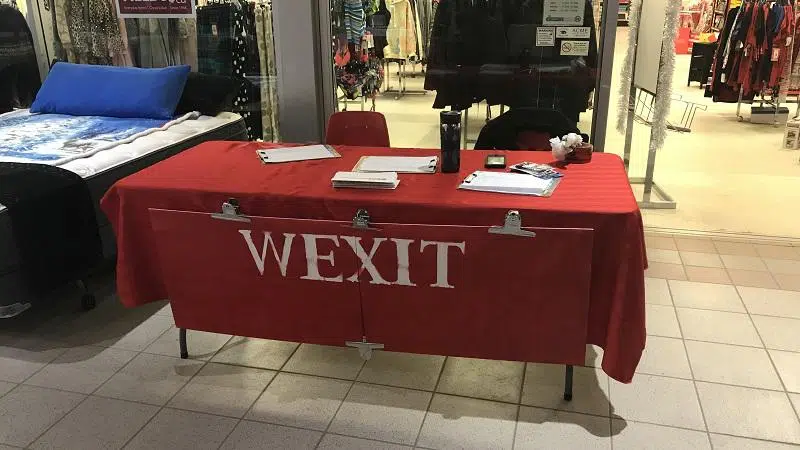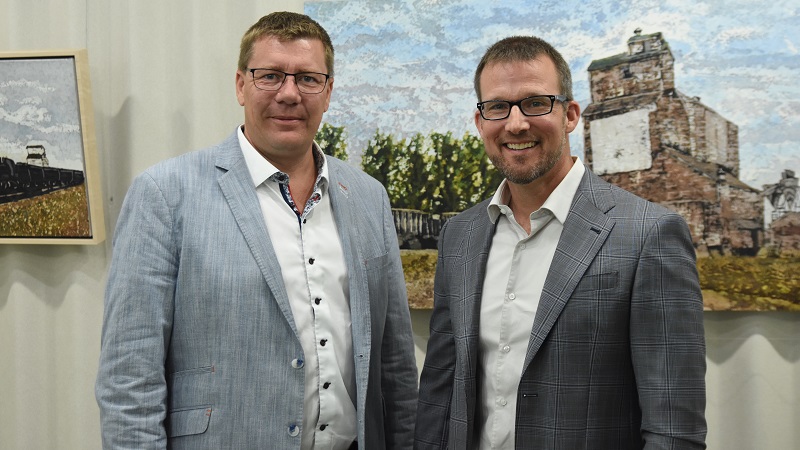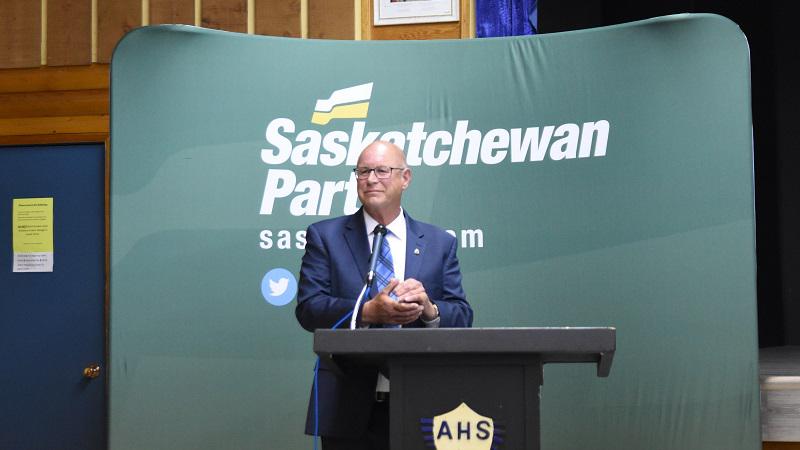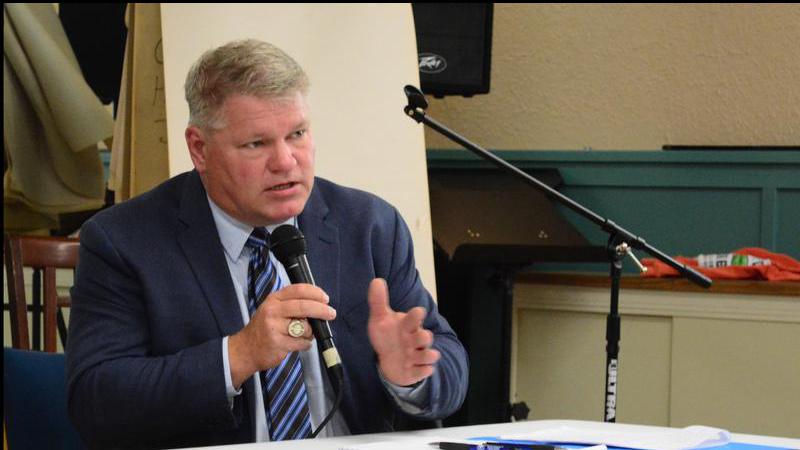
Wexit Saskatchewan searches for signatures in Melfort
Wexit Saskatchewan has set up in northern Saskatchewan, as members handed out pamphlets and encouraged signatures from a table at the Melfort Mall last week.
The leadership of the western separatist movement are seeking 2,500 valid signatures on Form E-510 to become a political party in Saskatchewan.
Dale Manastyrski, who resides in Melfort, is a volunteer for Wexit Saskatchewan. He told northeastNOW there were no similar issues setting up in Melfort Mall as some Wexit members had at Confederation Mall in Saskatoon in mid-November. The members there were not permitted on the property.
“[Operations Manager Bob Jung] said it will open people’s eyes and get them to realize what’s going on. That’s mostly what it is, just to see what’s going on,” Manastyrski said. “Not saying they agree with it, but they’re not against it. What happened [in Saskatoon] was misfortune because I believe in having to ask for permission to do something. If I came in here and set up whether they like it or not, well of course they’re going to kick me out.”





